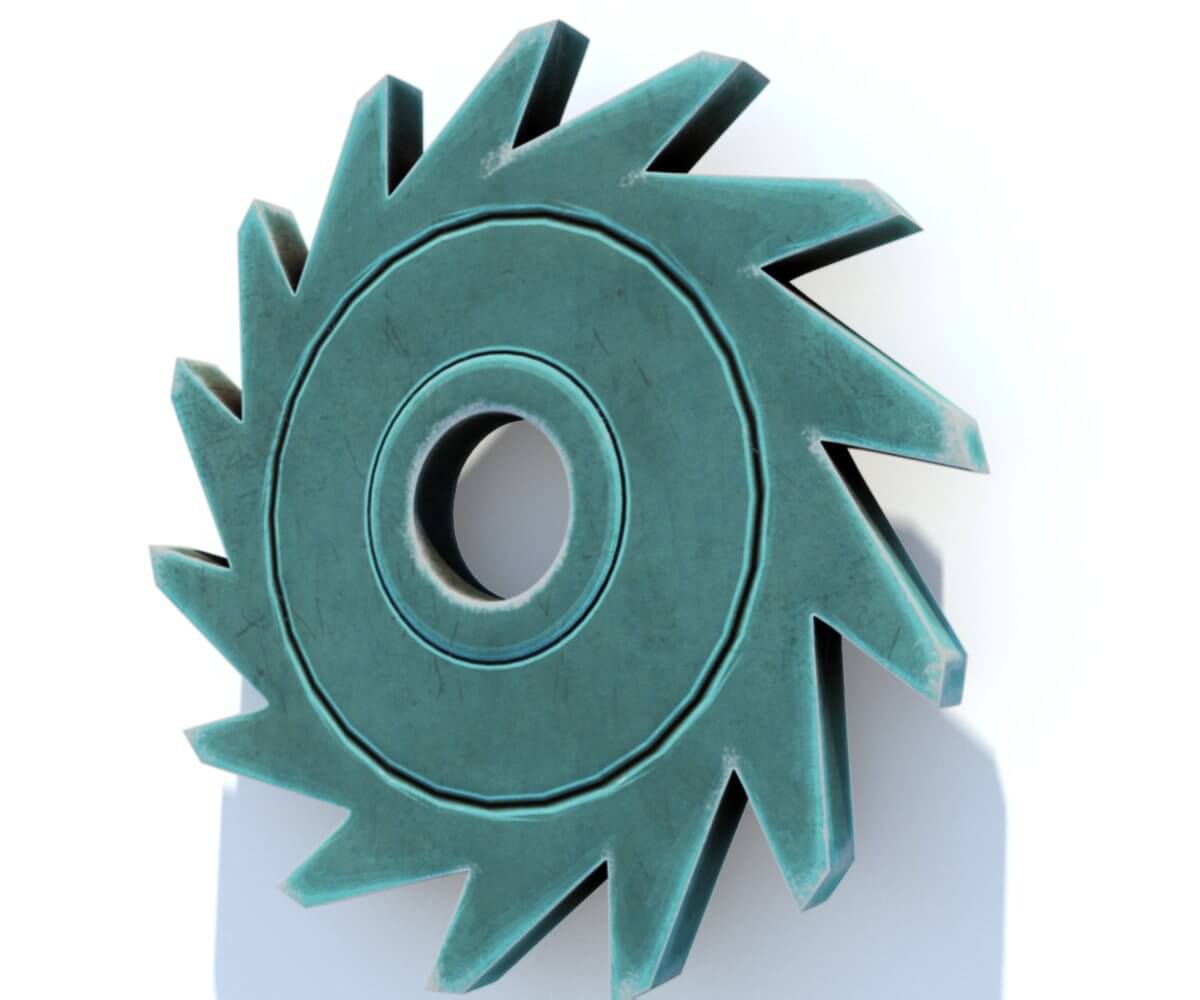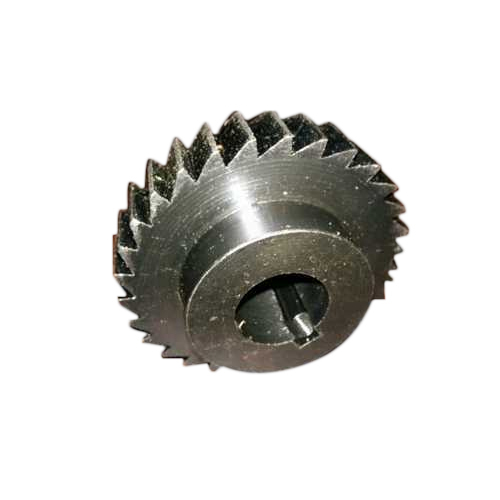Product Description
CHINAMFG shaft steel conveyor roller idlers
This type of HDPE conveyor roller/ plastic roller/ Nylon roller has been exported to more than 30 countries all over the world and particularly suitable for South America market and we have professional engineers and all of them have rich experience in this field,; we can design the goods independently.; CHINAMFG rubber belts.;,; ltd Conveyor Idler/Roller is the best choice for you.;
Advantage
1.; The life time:; More than 30000 hours
2.; Samples for testing are available.;
3.; Minimum revoiving resistance
4.; Small maintain work
5.; High load capability
6.; The more relaxed payment terms
7.; Dust proof & water proof
Specification
Pipe - roller pipe/Q235/carbon steel
Diameter(mm);:; 51,; 60,; 63.;5,; 76,; 89,; 108,; 127,; 133,; 159
Length(mm);:; 190,; 200,; 240,; 250,; 305,; 315,; 375,; 380,; 455,; 465,; 525,; 530.;
Thickness(mm);:; 1.;8,; 2.;0,; 2.;2,; 2.;5,; 2.;75,; 3.;0,; 3.;25,; 3.;5,; 3.;75,; 4.;0
Shaft - (45#steel);
Diameter(mm);:; 20,; 25,; 30,; 35,; 40
Bearing - SKF,; HRB,; ZWZ,; LYO,; NWH
Type:; Deep groove ball bearing with C3/C4
Size:; 6104,; 6204,; 6205,; 6305,; 6206,; 6306,; 6307,; 6308
Bearing Housing - Trinity,; special customized for Huayue
Type:; Pressed housing,; cast iron bearing housing,; polymer housing
Seal - Multiple labyrinth seal,; water proof,; dust proof
Type:; General use(nylon);,; Double labyrinth seal,; TR seal
Grease:; Lithium grease lubricant
Standard:; GB,; ISO,; CEMA,; DIN,; JIS,; ETC
Production capacity:; 2000pcs/day.;
Features:;
1.; Steady running,; reliable quality and reduce maintenance;
2.; Less movement longitudinally,; rotating smoothly,; extends the life span;
3.; Various bearing housing and sealing structure are available for the customers choice;
4.; Multipass labyrinthine sealing,; preventing the mixed dirt and water immersed;
5.; Manufacturing by steel pipe specially for of high precision roller,; ensuring the strong load,; low shaking and less noise.;
Our best quality based on:;
Manufacturer
Experience in Cooperate with Fortune 500 Companies
Professional Engineering Capability
Stable Quality
Reasonable Price
Small Orders Accepted
Continuous Improvements
High Product Performance
Prompt Delivery
Professional Service
For more details,; please inquiry us!
Polyester conveyor belt,; (EP);
Nylon conveyor belt,; (NN);
Cotton conveyor belt,; (CC);
Sidewall conveyor belt (SW);
Steel Cord conveyor belt ( ST );
Chevron conveyor belt,; (C5 C10 and C15);
Oil Resistance conveyor belt,; (OR and MOR);
Hot Resistance conveyor belt,; (HR);
Fire Resistance conveyor belt,; (FR/PVC/PVG);
Heat Resistance conveyor belt,; (HR/ FR);
Cold Resistance conveyor belts,; (CR);
Pattern conveyor belt ( 30+ Moulds);
Metal Mesh conveyor belt (Heat resistant temp until 800c);
Endless belts
Conveyor roller,; idler
Conveyor Pulley,; frame,; bracket etc
| Type: | Crushing Equipment |
|---|---|
| Motor Type: | AC Motor |
| Application: | Construction |
| Materials: | Coal |
| Condition: | New |
| Worklife: | 30000 Hours |
| Samples: |
US$ 2/Piece
1 Piece(Min.Order) | |
|---|
| Customization: |
Available
|
|
|---|

What advantages do ratchet wheels offer in terms of controlled motion and security?
Ratchet wheels offer several advantages when it comes to controlled motion and security in mechanical systems. These advantages include:
- 1. Unidirectional Motion: Ratchet wheels allow motion in only one direction, which is beneficial in applications where preventing backward movement is essential. This unidirectional motion provides control and ensures that the mechanism operates precisely as intended.
- 2. Incremental Movement: Ratchet wheels are designed with teeth that provide incremental movement. This allows for precise adjustments or controlled advancement in applications requiring accuracy and fine-tuned positioning.
- 3. Security Against Reversal: The key advantage of ratchet wheels is their ability to prevent backward movement effectively. When a pawl or catch mechanism engages with the teeth of the ratchet wheel, it locks the wheel in place, preventing any reverse motion. This feature is crucial in applications where maintaining security and preventing unintentional backdriving are vital.
- 4. Resistance to External Forces: Ratchet wheels are designed to withstand external forces or vibrations that may attempt to cause reverse motion. The engagement of the pawl ensures that the wheel remains locked in its current position, enhancing security and stability.
- 5. Predictable Operation: Ratchet wheels provide predictable and reliable operation. Users can apply force or torque in the desired direction, knowing that the ratchet wheel will move in that direction without the risk of unexpected movement or slippage.
- 6. Versatility in Applications: Ratchet wheels find application in a wide range of industries and systems where controlled motion and security are crucial. They are commonly used in hand tools, winches, hoists, conveyor systems, and various mechanical devices.
- 7. Maintenance of Tension: In applications like tie-down straps and tensioning systems, ratchet wheels maintain tension and prevent slack from developing. This ensures that loads remain securely in place during transportation or use.
- 8. Safety: Ratchet wheels contribute to safety in various applications, such as vehicle handbrakes and safety mechanisms. They prevent unintended movement and enhance the overall safety of the system.
Overall, ratchet wheels offer precise, controlled, and secure motion, making them valuable components in applications where maintaining control and preventing reversal are critical. Their ability to provide incremental movement and resist external forces adds to their versatility and reliability in diverse mechanical systems.

Are there innovations or advancements in ratchet wheel technology that have emerged recently?
Yes, there have been notable innovations and advancements in ratchet wheel technology in recent years. These developments aim to enhance the performance, efficiency, and versatility of ratchet wheels in various applications. Some of the key advancements include:
- 1. Materials and Coatings: Advances in materials science have led to the development of ratchet wheels made from high-strength and lightweight materials. These materials offer improved durability and reduced wear, extending the service life of ratchet wheels. Additionally, specialized coatings are applied to enhance corrosion resistance and reduce friction.
- 2. Precision Manufacturing: Modern manufacturing techniques, including CNC machining and 3D printing, allow for the production of highly precise ratchet wheel components. This precision ensures smoother engagement and more accurate positioning, making ratchet wheels suitable for applications requiring tight tolerances.
- 3. Miniaturization: In industries like electronics and medical devices, there is a demand for smaller and more compact ratchet mechanisms. Recent advancements have led to miniaturized ratchet wheels that can operate in confined spaces while maintaining their precision and reliability.
- 4. Smart Ratchet Systems: Some innovative ratchet systems incorporate smart technology, such as sensors and feedback mechanisms. These systems can monitor the position and condition of the ratchet wheel in real-time, providing valuable data for diagnostics and maintenance.
- 5. Enhanced Safety Features: Advancements in safety-critical applications have resulted in ratchet wheels with enhanced safety features. These may include fail-safe designs, improved locking mechanisms, and more robust materials to withstand extreme conditions.
- 6. Integration with Automation: Ratchet wheels are increasingly being integrated into automated systems, where they play a crucial role in controlled motion and positioning. These integrated solutions improve efficiency and reduce the need for manual adjustments.
- 7. Customization: Manufacturers now offer greater customization options for ratchet wheels to meet specific application requirements. This includes variations in tooth profiles, sizes, and configurations to accommodate diverse needs.
- 8. Sustainable Materials: As sustainability becomes a more significant concern, there is a growing trend toward using eco-friendly materials in ratchet wheel production. This includes the use of recycled and recyclable materials in their construction.
These innovations in ratchet wheel technology contribute to their adaptability in various industries and applications. Whether it's improving precision, enhancing safety, or reducing environmental impact, recent advancements have expanded the capabilities of ratchet wheels in mechanical systems.

What are the different types and sizes of ratchet wheels available in the market?
Ratchet wheels come in various types and sizes to accommodate a wide range of applications. The choice of ratchet wheel type and size depends on factors such as load capacity, space constraints, and the specific requirements of the mechanical system. Here are some common types and sizes of ratchet wheels available in the market:
- 1. Standard Ratchet Wheels: These are the most common type of ratchet wheels, featuring a set of angled teeth that engage with a pawl or catch mechanism. Standard ratchet wheels are available in a variety of sizes, typically ranging from small diameters (e.g., a few inches) to larger ones (e.g., a foot or more) to accommodate different applications.
- 2. Fine-Tooth Ratchet Wheels: Fine-tooth ratchet wheels have smaller and more closely spaced teeth compared to standard ratchet wheels. This design allows for finer control and incremental movement in applications where precision is critical. Fine-tooth ratchet wheels are often used in instruments, delicate machinery, and applications requiring precise adjustments.
- 3. Large Diameter Ratchet Wheels: In heavy-duty applications such as industrial machinery and material handling equipment, large diameter ratchet wheels are employed to handle substantial loads. These ratchet wheels can have diameters exceeding a foot or more, providing the necessary strength and engagement surface for robust performance.
- 4. Miniature Ratchet Wheels: Miniature ratchet wheels are designed for compact and space-restricted applications. They are smaller in size, typically measuring fractions of an inch in diameter. These miniature ratchet wheels are commonly used in electronics, medical devices, and precision equipment.
- 5. Custom Ratchet Wheels: For specialized applications or when off-the-shelf ratchet wheels do not meet specific requirements, custom ratchet wheels can be manufactured. Customization allows for tailoring the size, tooth profile, and material to suit unique applications and load capacities.
- 6. Corrosion-Resistant Ratchet Wheels: In environments where corrosion is a concern, ratchet wheels may be available with special coatings or materials that enhance their resistance to rust and corrosion. These ratchet wheels are suitable for marine, outdoor, or humid conditions.
The availability of ratchet wheel types and sizes in the market ensures that industries and applications of all scales can find the appropriate ratchet wheel to meet their specific needs. Whether it's for heavy-duty machinery or precision instruments, ratchet wheels come in various configurations to support a wide range of mechanical systems.


editor by CX 2023-12-15